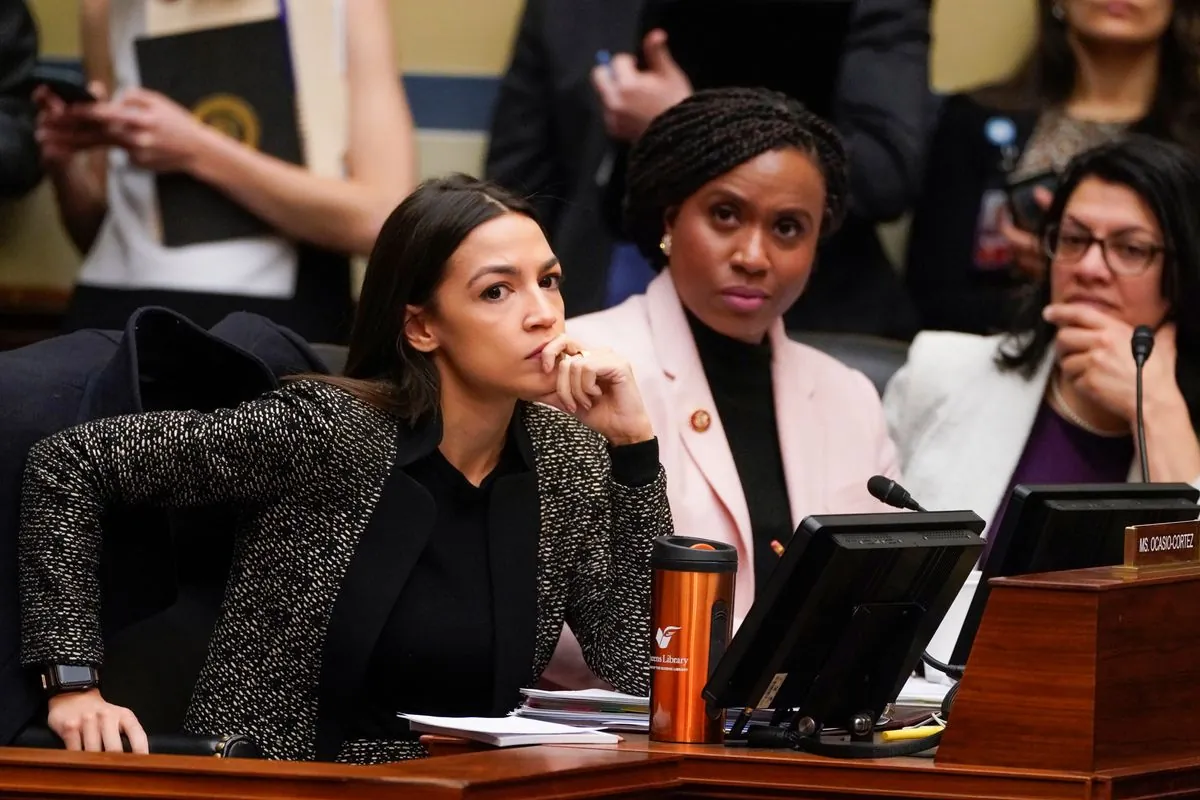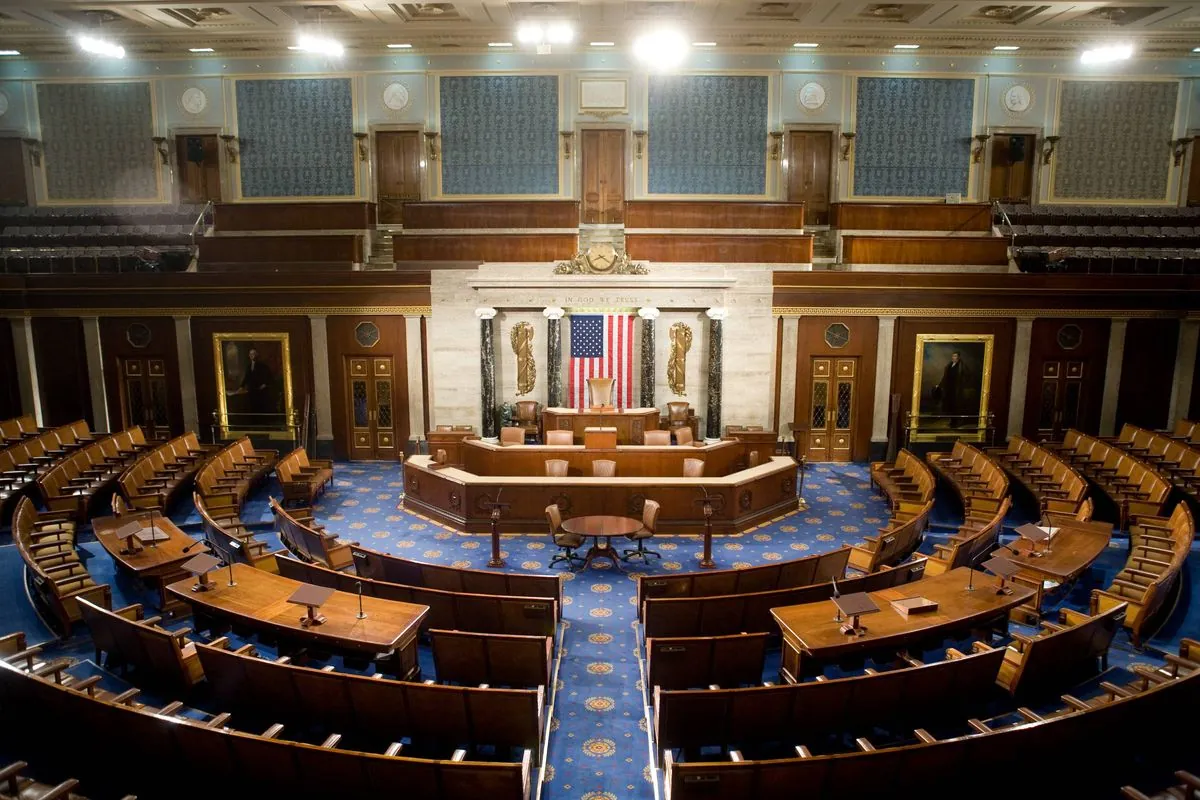United States House Committee on Oversight and Accountability
The Committee on Oversight and Accountability is the main investigative committee of the United States House of Representatives. The committee's broad jurisdiction and legislative authority make it one of the most influential and powerful panels in the House. Its chair is one of only three in the House with the authority to issue subpoenas without a committee vote or consultation with the ranking member. However, in recent history, it has become practice to refrain from unilateral subpoenas.
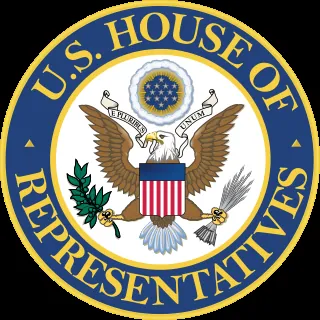
Some of the key events about United States House Committee on Oversight and Accountability
- 1816Established as the Committee on Expenditures in the Executive Departments to oversee government spending
- 1927Expanded oversight responsibilities to include all government operations and activities
- 1952Conducted investigations into corruption and inefficiency in the Internal Revenue Service
- 1963Investigated security risks in the State Department, leading to improved clearance procedures
- 1973Held hearings on the Watergate scandal, contributing to increased government accountability
- 1982Investigated the Environmental Protection Agency's handling of Superfund sites
- 1994Conducted hearings on the tobacco industry, leading to increased public awareness of health risks
- 1997The committee held controversial hearings on alleged White House campaign finance abuses that were criticized as partisan.
- 2002Investigated the Enron scandal, resulting in corporate accountability reforms
- 2003The committee subpoenaed private medical records of Terri Schiavo, raising privacy concerns.
- 2008Examined the financial crisis, leading to regulatory changes in the banking industry
- 2008The committee was accused of politicizing investigations into the financial crisis.
- 2012The committee's investigation into the "Fast and Furious" operation was seen by some as politically motivated.
- 2014The committee's Benghazi investigation was criticized for its length and cost.
- 2015Investigated the Flint water crisis, bringing national attention to infrastructure and public health issues
- 2015The committee's handling of Hillary Clinton's email controversy was viewed by some as excessively partisan.
- 2017The committee was criticized for not pursuing investigations into the Trump administration with the same vigor as previous administrations.
- 2019The committee faced accusations of overreach in its demands for President Trump's financial records.
- 2020The committee was criticized for its handling of COVID-19 related oversight, with claims of insufficient scrutiny.
- 2021The committee's investigation into the January 6th Capitol attack was initially blocked, leading to criticism of partisan obstruction.
Disclaimer: This material is written based on information taken from open sources, including Wikipedia, news media, podcasts, and other public sources.
United States House Committee on Oversight and Accountability Latest news
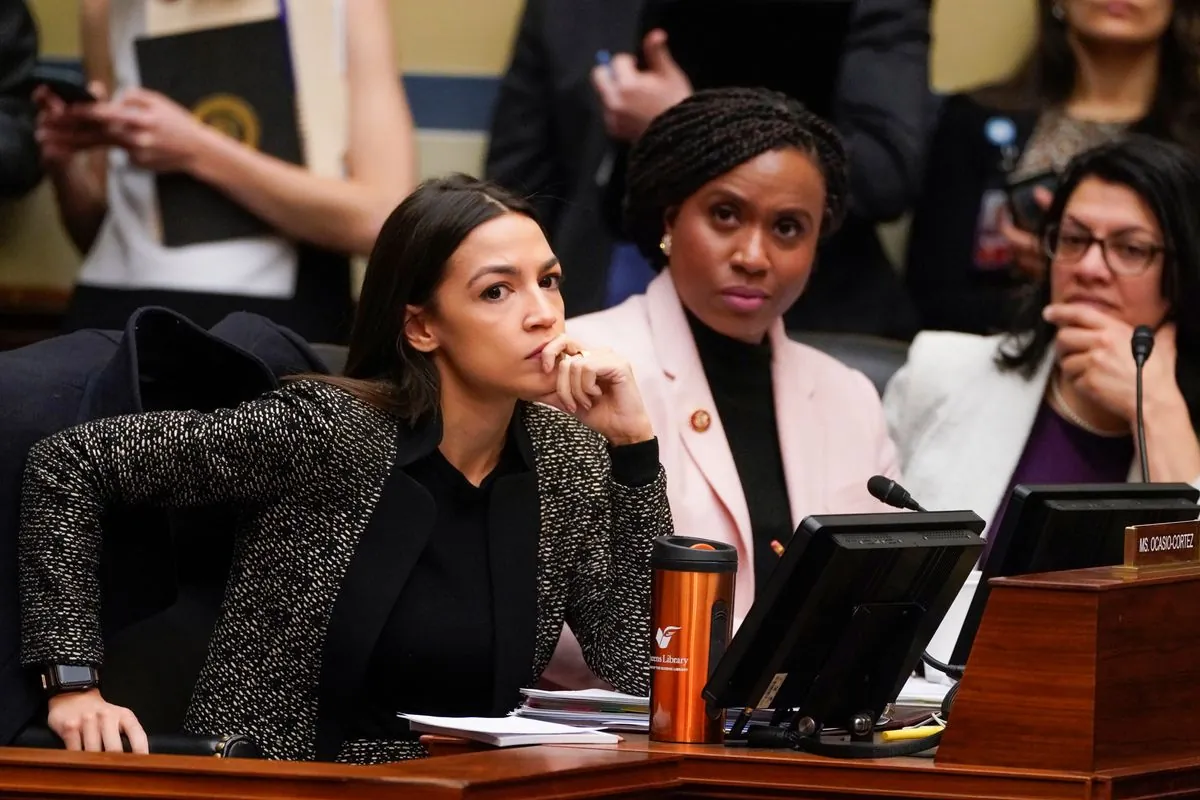
Young lawmaker aims to reshape House committee leadership structure
A fresh wave of leadership changes hits House Democratic committees as younger representatives step up. **Alexandria Ocasio-Cortez** makes her move for key oversight position
Society, Politics • December 6 2024 , 09:51 PM • 1160 views
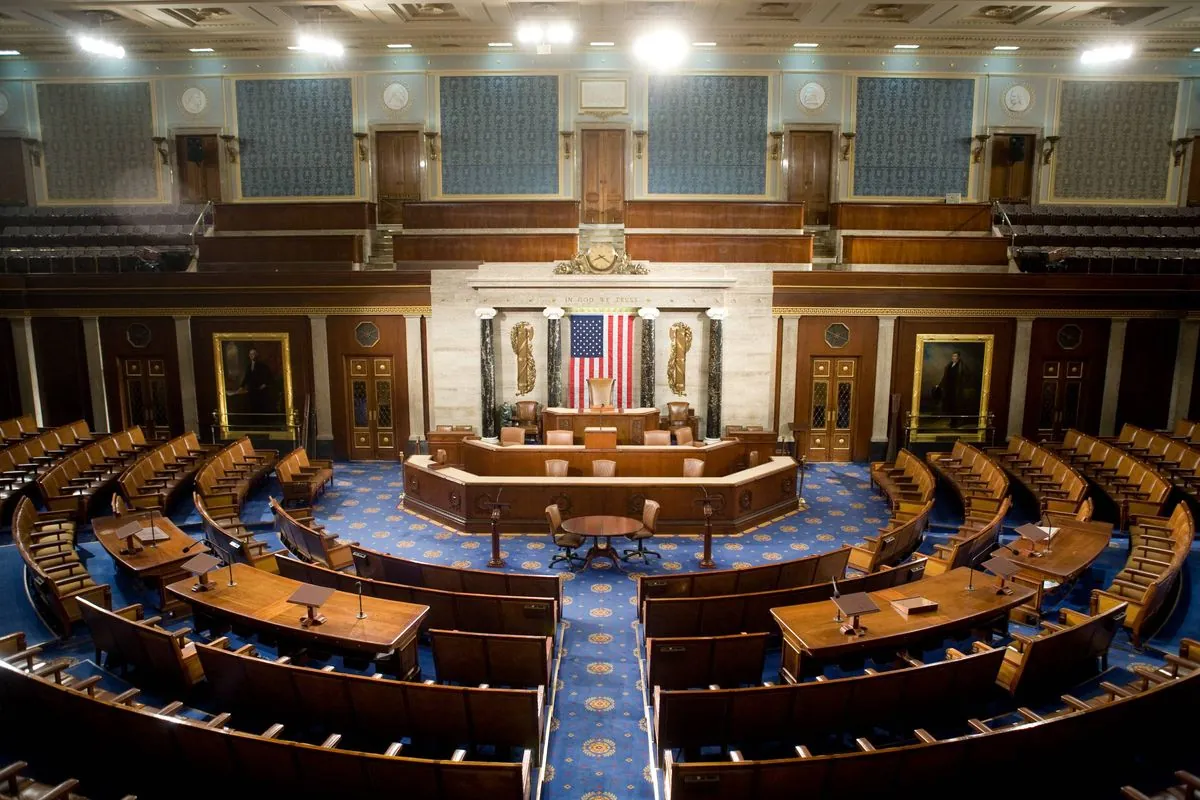
House member teams up with tech mogul to reshape federal system
A new House sub-committee aims to cut down government size with help from big-name advisers. The group plans to use recent legal decisions for reducing federal agency influence
Business, Politics • November 22 2024 , 03:56 AM • 2872 views






























